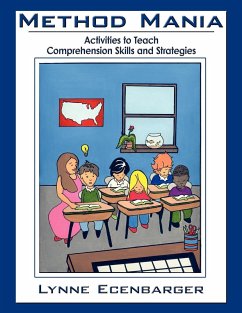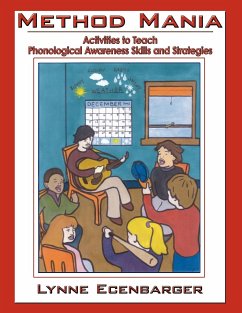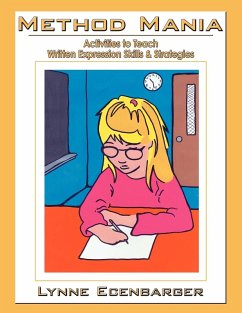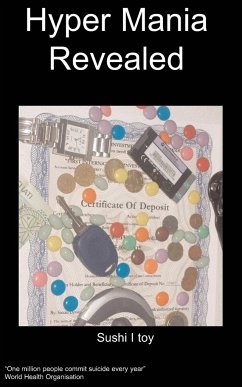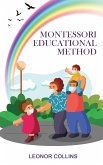Although educators often disagree about many aspects of literacy, there appears to be universal agreement that the primary purpose for reading is to comprehend text. Yet defining comprehension has not been easy. Synonyms for comprehension instruction include critical thinking, understanding, making meaning, reasoning, and higher level thinking skills. To complicate matters, we're asked to assess an entity in which there is no agreed-upon definition. Forced to focus on comprehension separately in order to explain and discuss it, teachers have long used superficial methods to monitor students' learning. My purpose for writing this book is not to engage in the battle over defining comprehension, nor to detail best practices for assessing learning. It is my goal to help students develop a sense of conscious control over the reading process using a set of strategies that they can adapt when reading any text. These include: retelling, summarizing, making and confirming predictions, and asking good questions before, during, and after reading. Activities are included for explicitly modeling and teaching these very strategies. Also included are activities for developing skills that lead to flexible strategy use. Skills are generally thought to be less complex than strategies, almost embedded in strategy use. For instance, in order to successfully summarize one must be able to determine importance. An effective retelling includes the ability to sequence and pay attention to details. Skills are generally not, by themselves, sufficient to accomplish the complex jobs required of mature readers. The book is written for teachers in grades K-5. Not all activities will be appropriate for every grade. Please refer to your state standards to determine which of these comprehension strategies your students need to use independently as they read. No longer are we operating under the conventional wisdom that students learn to read in the primary grades and then read to learn in th
Hinweis: Dieser Artikel kann nur an eine deutsche Lieferadresse ausgeliefert werden.
Hinweis: Dieser Artikel kann nur an eine deutsche Lieferadresse ausgeliefert werden.

